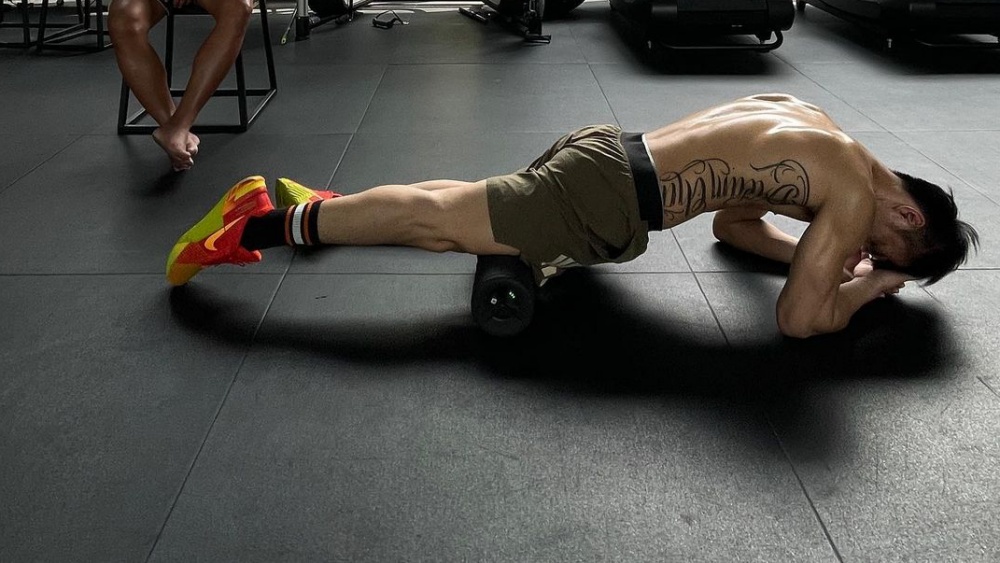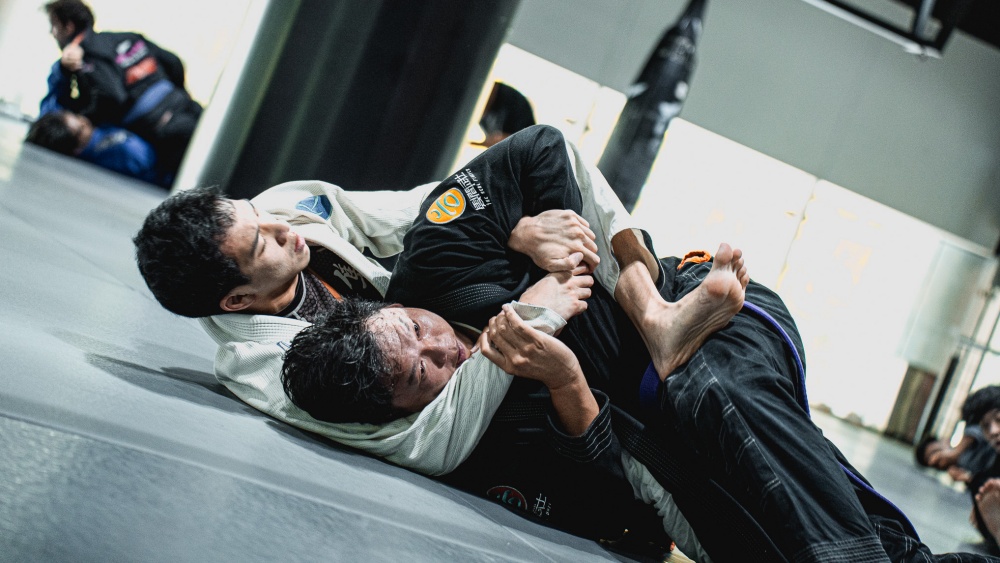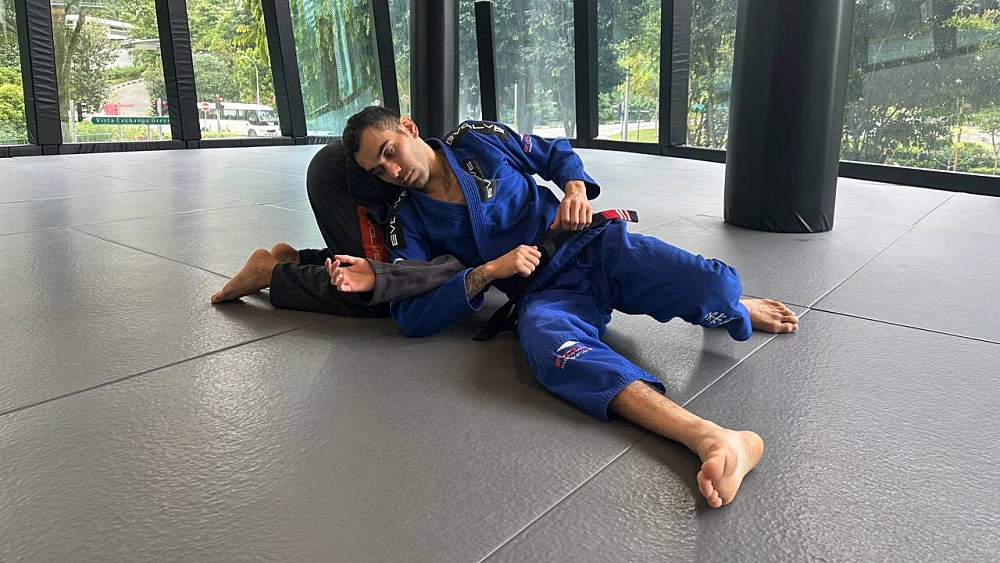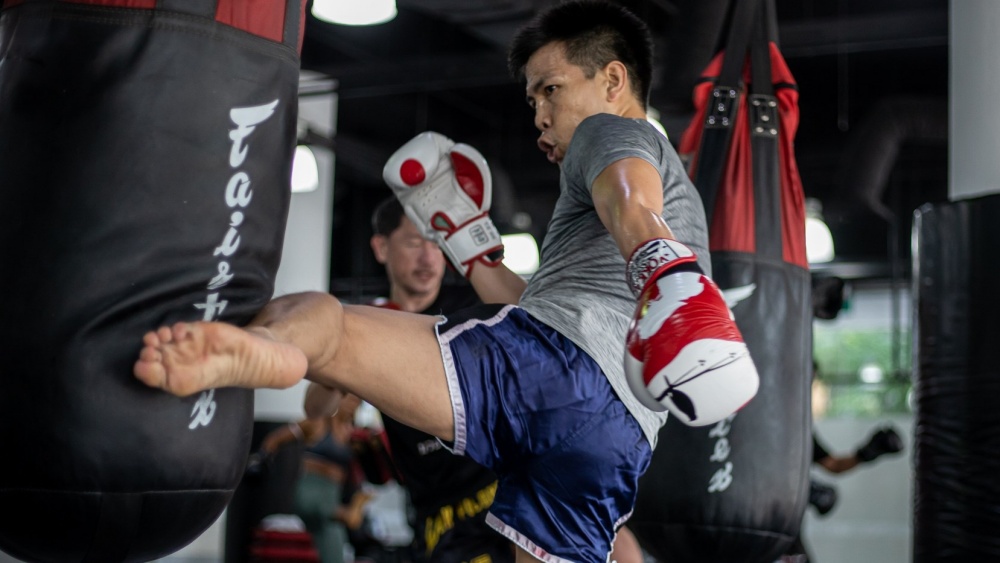While some people barely have enough motivation to commit to a fitness routine, others are so committed to their training that they end up pushing their bodies past their limits. Competitive athletes are constantly bombarded with coaches and trainers pushing them to work harder, and the culture surrounding sports pushes a “no pain, no gain” mentality.
Athletes are encouraged to give everything they have when they train and constantly look for new ways to push their training to the next level. Some are even encouraged to ignore signs their body and brain use to warn them that they’re taking their training too far.
However, the human body can only take so much before your hard work starts doing more damage than good. Overtraining is real, and you’ll need to properly balance your training with rest to get maximum benefits. Athletes who fail to recognize and heed signs that their bodies need a break are more likely to burn out or hit training walls that limit growth.
Recognizing And Preventing Overtraining
https://www.youtube.com/watch?v=OVSxk0jHoVU
Overtraining syndrome (OTS) occurs when a person gets too much exercise and not enough rest. Athletes who regularly exercise to the point of exhaustion without getting adequate rest between their training sessions are most likely to develop the condition.
The main symptom of overtraining is an abnormal feeling of exhaustion that overwhelms you. You might be unable to continue your regular training routine and might feel exhausted even on rest days. The feeling of fatigue often doesn’t go away even after taking a few days to rest.
Some of the other symptoms of overtraining include:
- Decreased performance;
- Increased vulnerability to viral sickness and injury;
- Persistent fatigue;
- Lingering muscle soreness;
- Irritability, moodiness, or depression;
- Changed sleep patterns;
- Weight loss and reduced appetite;
- An increase in cortisol (human stress hormone) production;
- An increase in byproducts of muscular breakdown leads to issues like kidney failure or rhabdomyolysis, and;
- Decreased testosterone production.
Recovering After Overtraining
Getting the rest your body desperately craves is the most effective way to tackle overtraining. How much rest you need to recover varies based on factors like your medical history and how long you’ve been overtraining.
For example, a martial artist who has been dealing with symptoms of overtraining for a month might be advised to take about four days off from all training or strenuous activities.
Full recovery is needed to get past overtraining. You should avoid all physical activity since your body can’t differentiate between different types of exercise. All stress caused by physical activity is identical to your adrenal glands, lungs, heart, and other organs. Thinking you can take things easy by only performing moderately intense exercises like running will prevent you from fulling recovering from overtraining, and you’re likely to keep experiencing symptoms.
How To Train Correctly To Prevent Overtraining
The formula for successfully training your body for maximum performance has been proven and documented for decades. You need a period of hard physical exertion, followed by a sufficient rest period. Repeat the process until you reach the desired fitness levels.
Training hard and pushing your body enhances your cardiovascular and muscular systems by working them to their full capabilities. This damages muscle fibers in the body and forces your heart to work harder, pushing blood through your arteries and veins and raising your blood pressure. The physical exercise itself doesn’t make your body stronger; it simply sets the stage for the rest period.
During your rest period, your body repairs muscle fibers damaged by exercises and strengthens them so they can handle the level of exercise without damage. Not getting enough rest means your body isn’t getting a chance to strengthen your muscles. You’re pretty much wasting your time by exercising at that point since you don’t get anything out of it.
Each recovery period during your workout should be long enough for your body to completely heal from the damage caused by your last training period. Get enough rest, and you’ll have greater endurance, improved heart efficiency, enhanced intracellular energy storage, and increased strength.
Besides getting enough rest, some of the other things you can do to prevent overtraining include:
- Avoid Monotonous Training Schedules: Performing the same exercises repeatedly increases your risk of overtraining since the same muscles in your body are constantly being targeted. Instead, mix up your training routine regularly, so your muscles are getting engaged from different angles and planes.
- Avoid Abrupt Increases In Your training Regimen: Increasing the intensity or length of your training sessions increases the risk of overtraining. If you must add to your current fitness routine, do so gradually to allow your body the time it needs to adjust and recover properly.
- Add Appropriate Rest Periods Into Training Programs: Intelligently crafting your training routine allows your body to recover. For instance, you can alternate high-intensity training days with low-intensity endurance days.
- Understand Your Limits: Understanding your physical limits goes a long way in helping to prevent overtraining. Knowing how much time you need to take off after physically intense workouts varies for each person. Failing to get the rest you need before your next workout means your body doesn’t get the opportunity to build stronger muscles.
- Eat A Healthy Diet And Stay Hydrated: Eating the right foods speeds up the recovery process, and staying well-hydrated is just as important. Your body needs macros like protein to build muscle fibers damaged during your workout, so make sure you consume at least half a gram of protein for each kilogram you weigh. Finish up your intense workouts and training sessions by drinking a protein shake or consuming a protein-rich meal.
- Listen To Your Body At All Times: Your body often tells you when you need to take a break, so pay attention to what it’s telling you. Little things like having to push yourself harder during routine practices, feeling dizzy during workouts, or sweating more than usual can be signs that you need a break. Never ignore your body when it’s telling you to take things easy. Doing so puts you at risk of overtraining, and you’re also more likely to develop muscle inflammation, strains, or sprains.
You may also like:


















